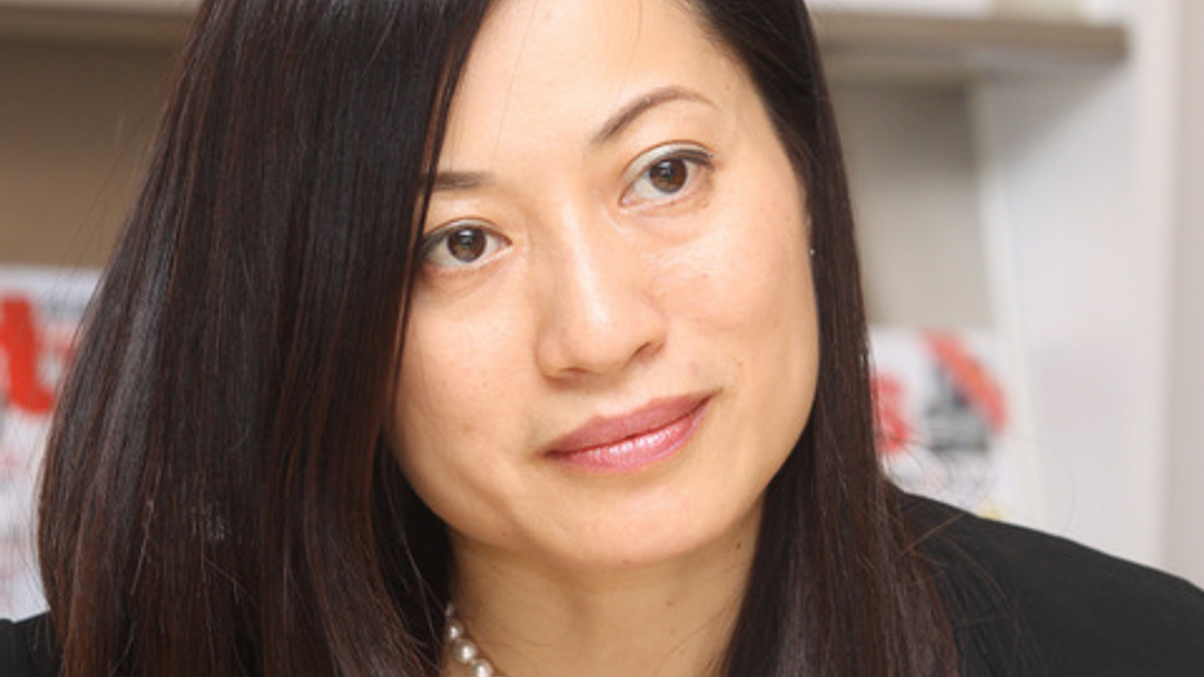Hang Seng, StanChart get set after MRF approvals
The two banks are among those to have identified funds to sell under the Hong Kong-China mutual recognition scheme, after the first products were approved on Friday.

Hang Seng Bank and Standard Chartered are among the banks preparing to put approved mutual-recognition of fund (MRF) products on their platform, after regulators in China and Hong Kong approved the first seven funds under the Hong Kong-China MRF scheme on Friday.
Sign in to read on!
Registered users get 2 free articles in 30 days.
Subscribers have full unlimited access to AsianInvestor
Not signed up? New users get 2 free articles per month, plus a 7-day unlimited free trial.
¬ Haymarket Media Limited. All rights reserved.


